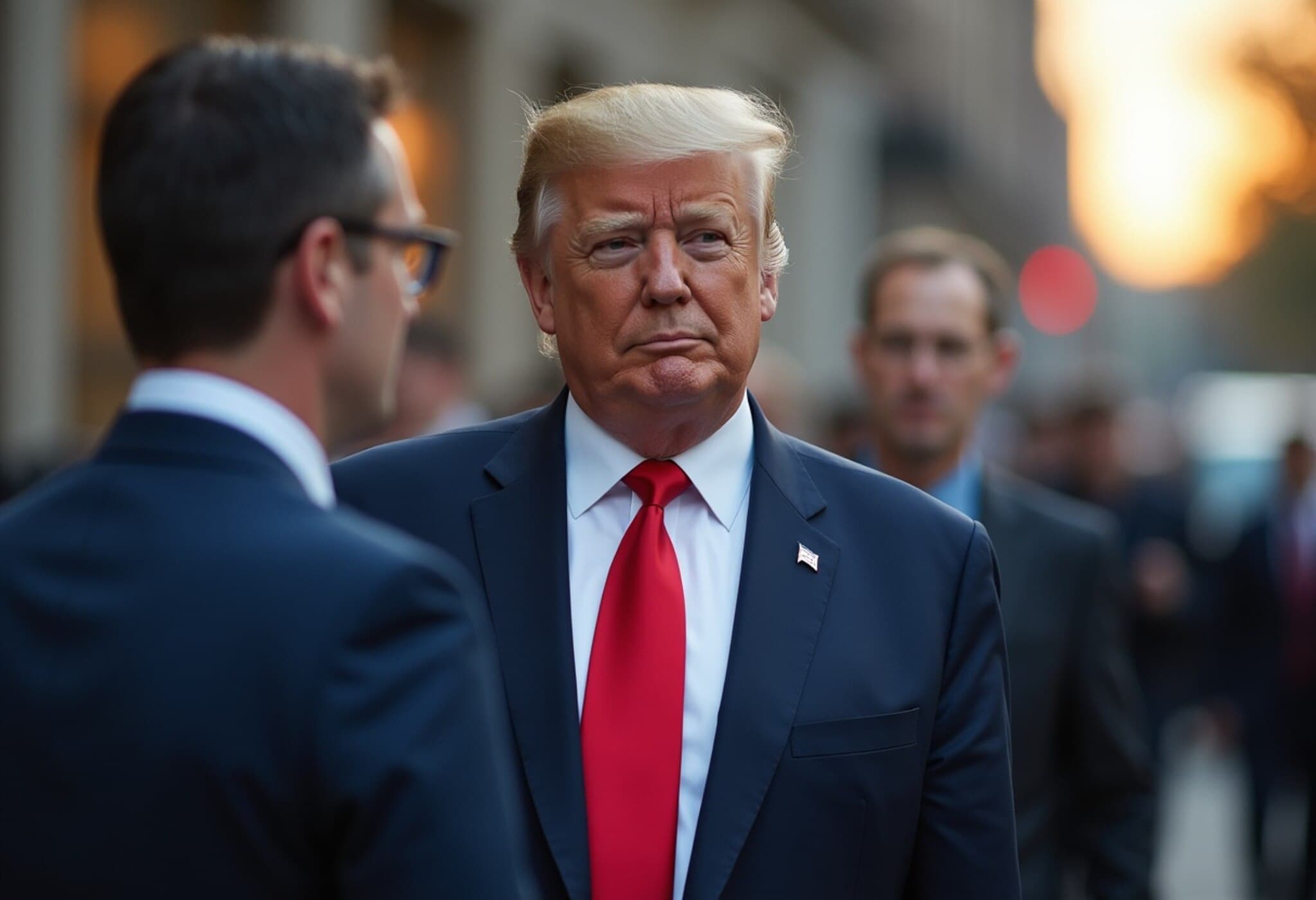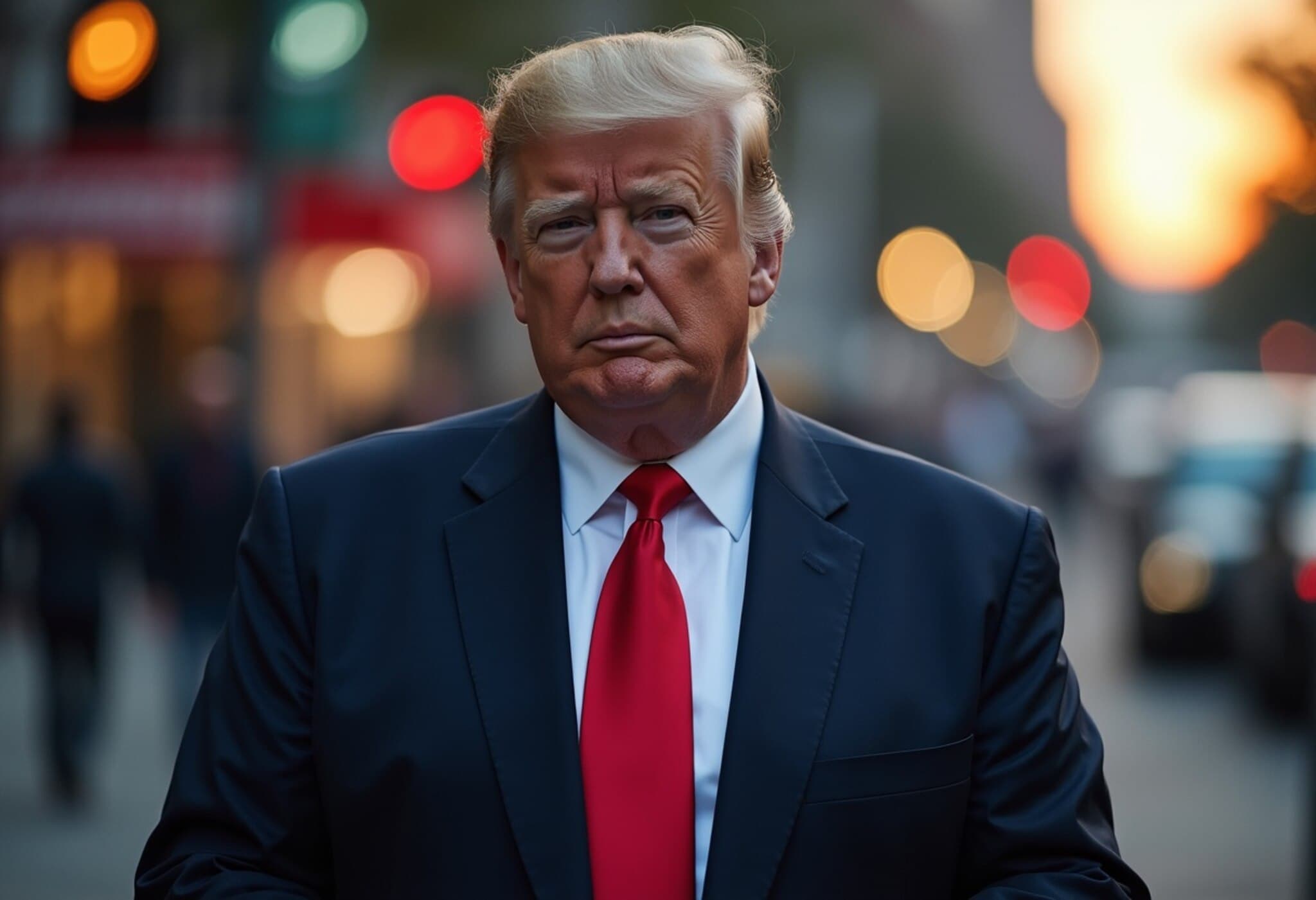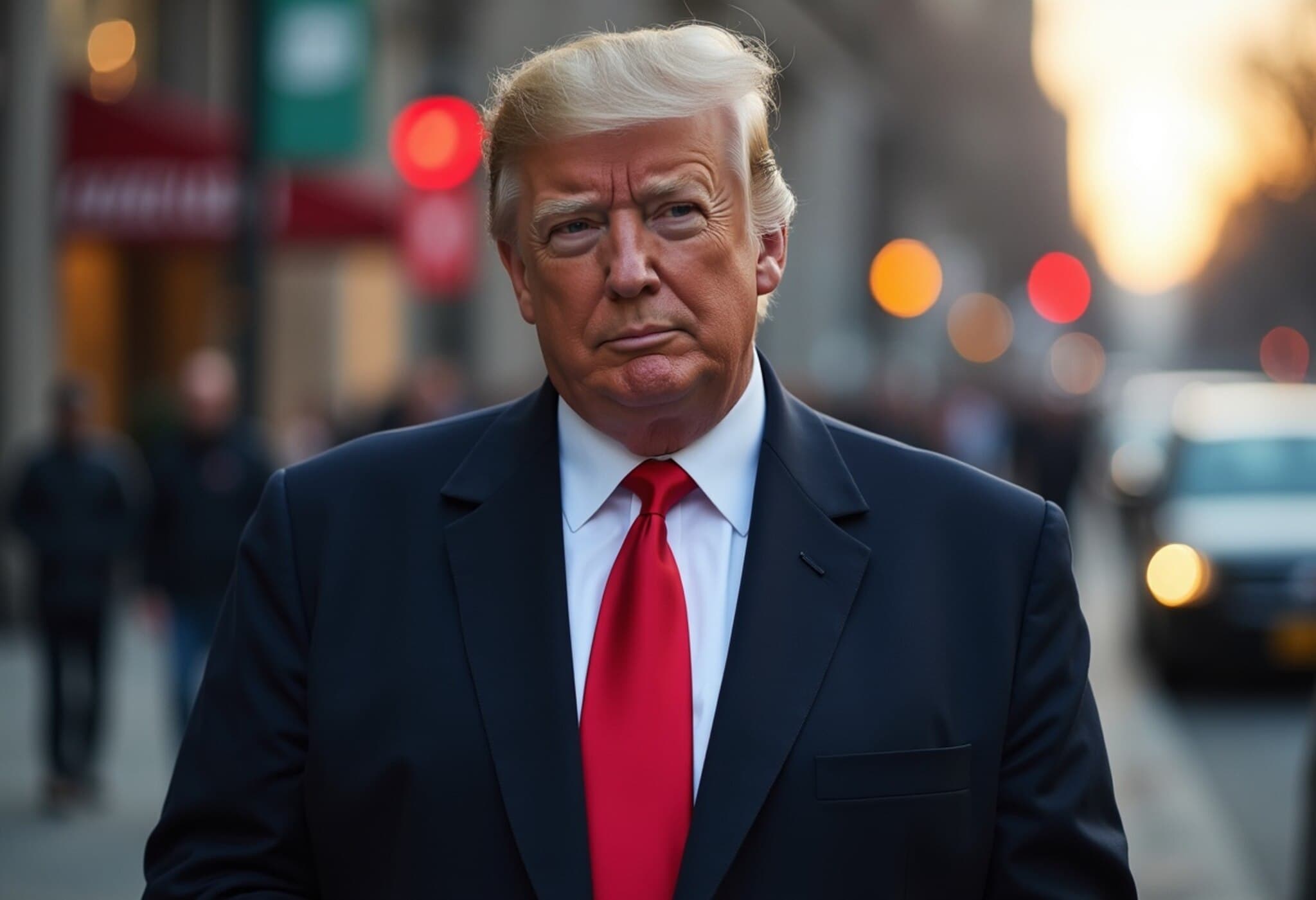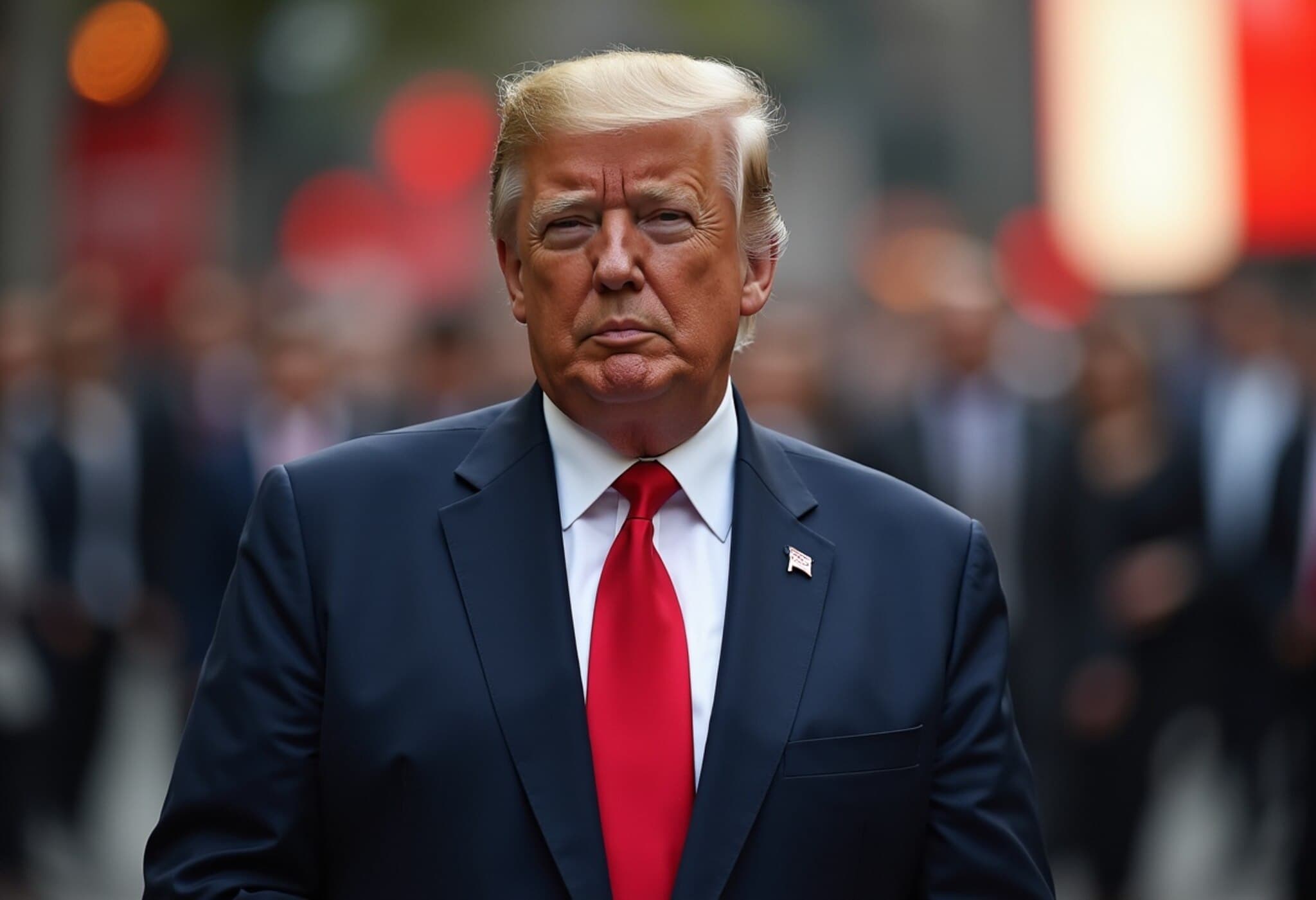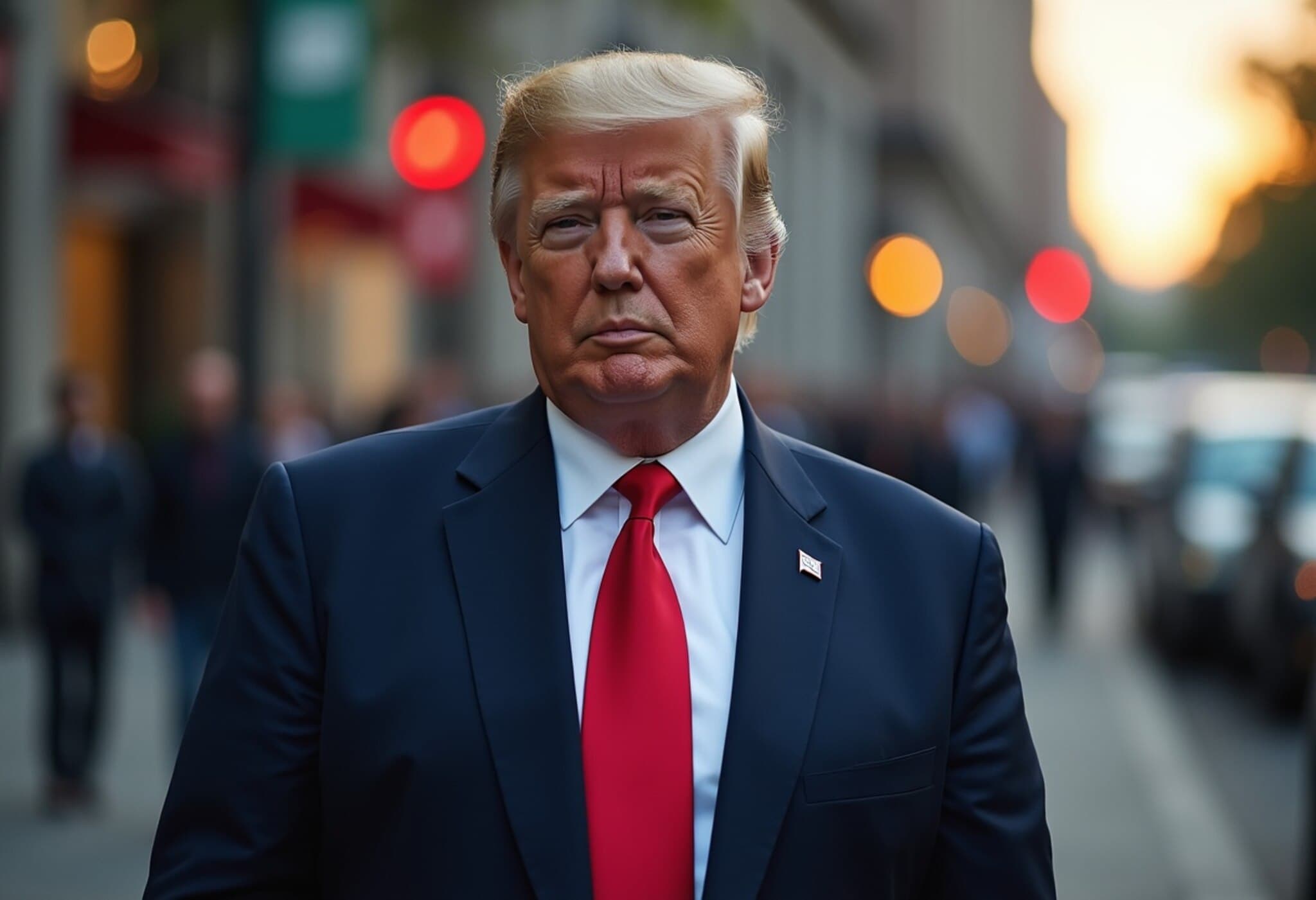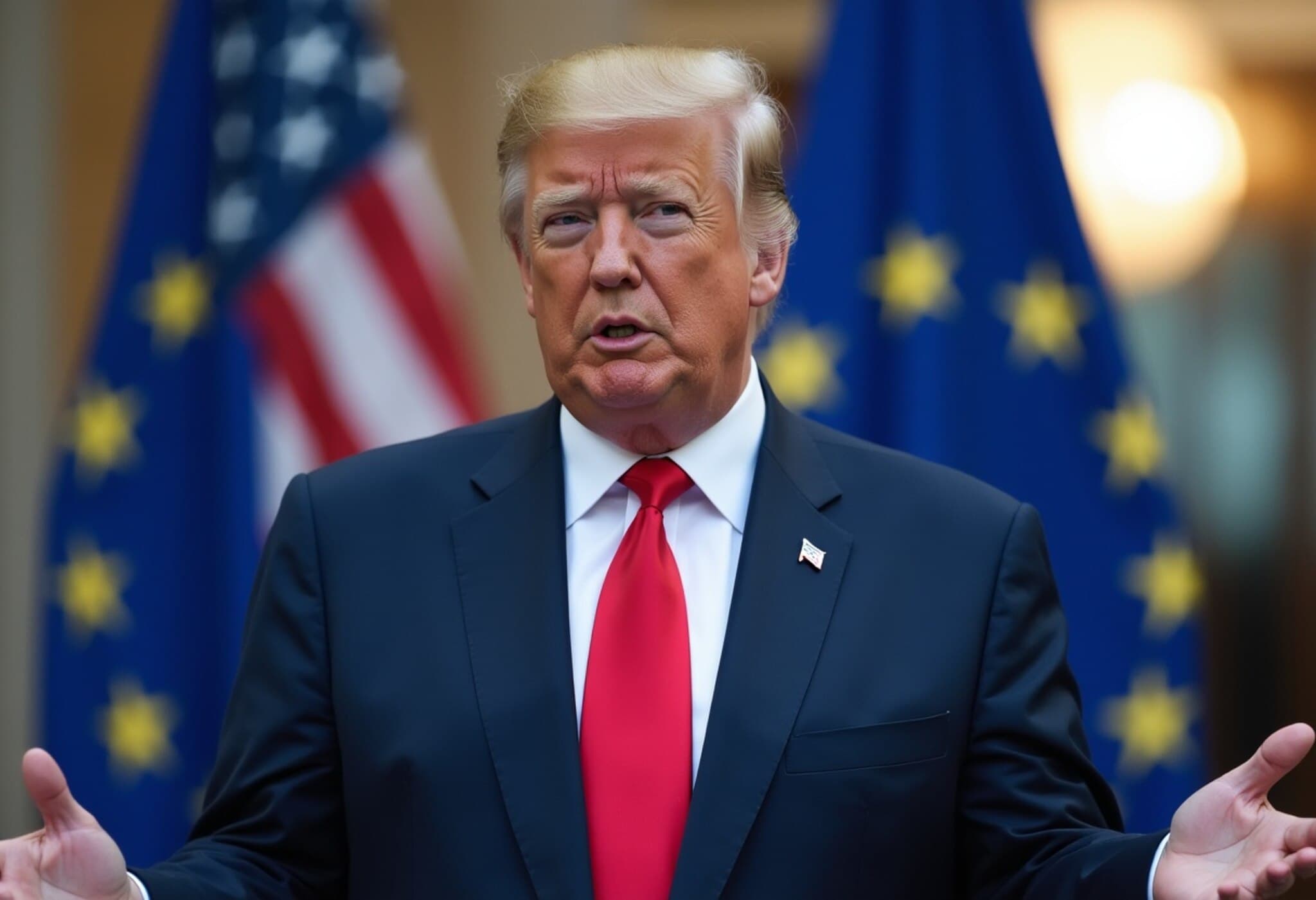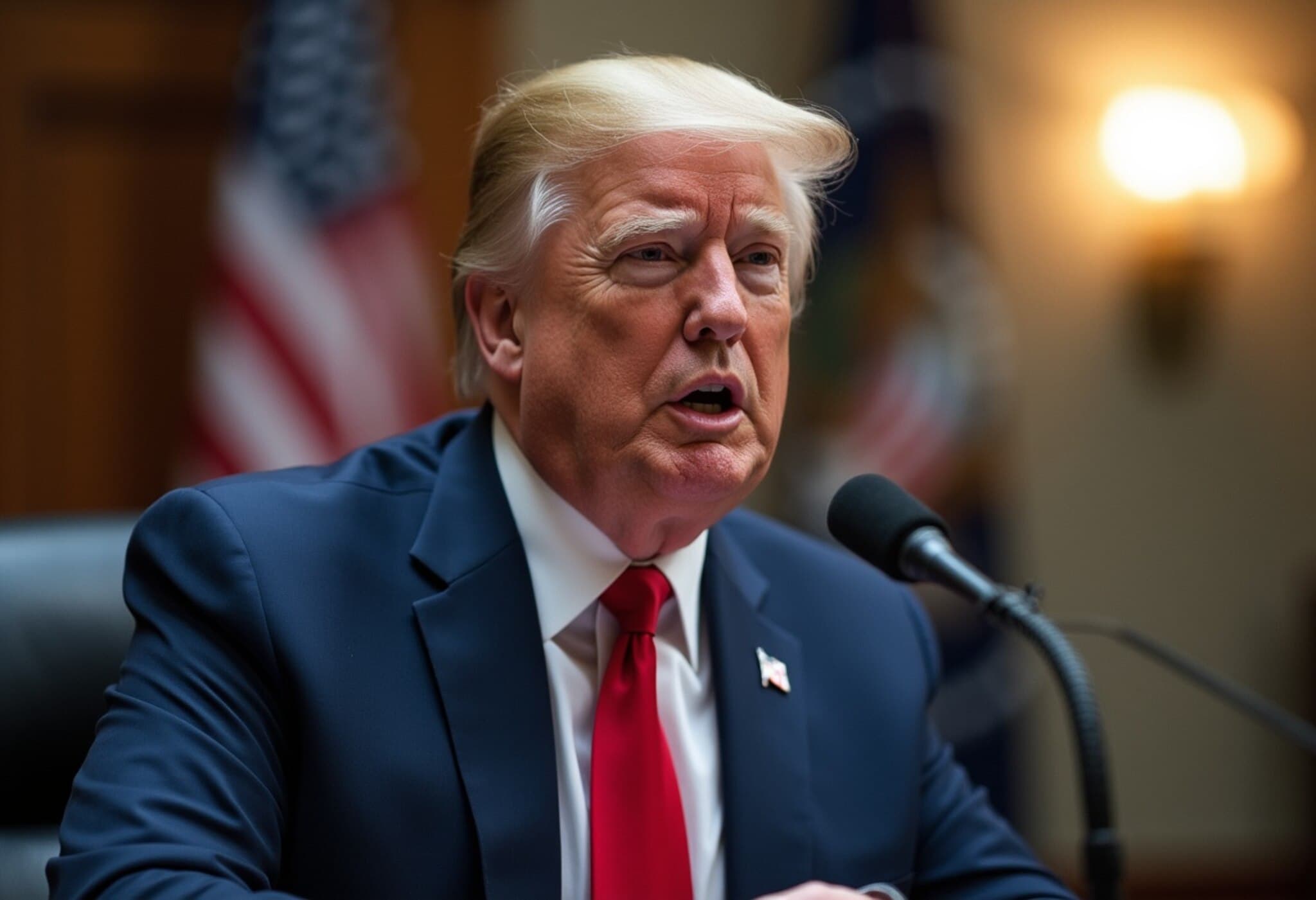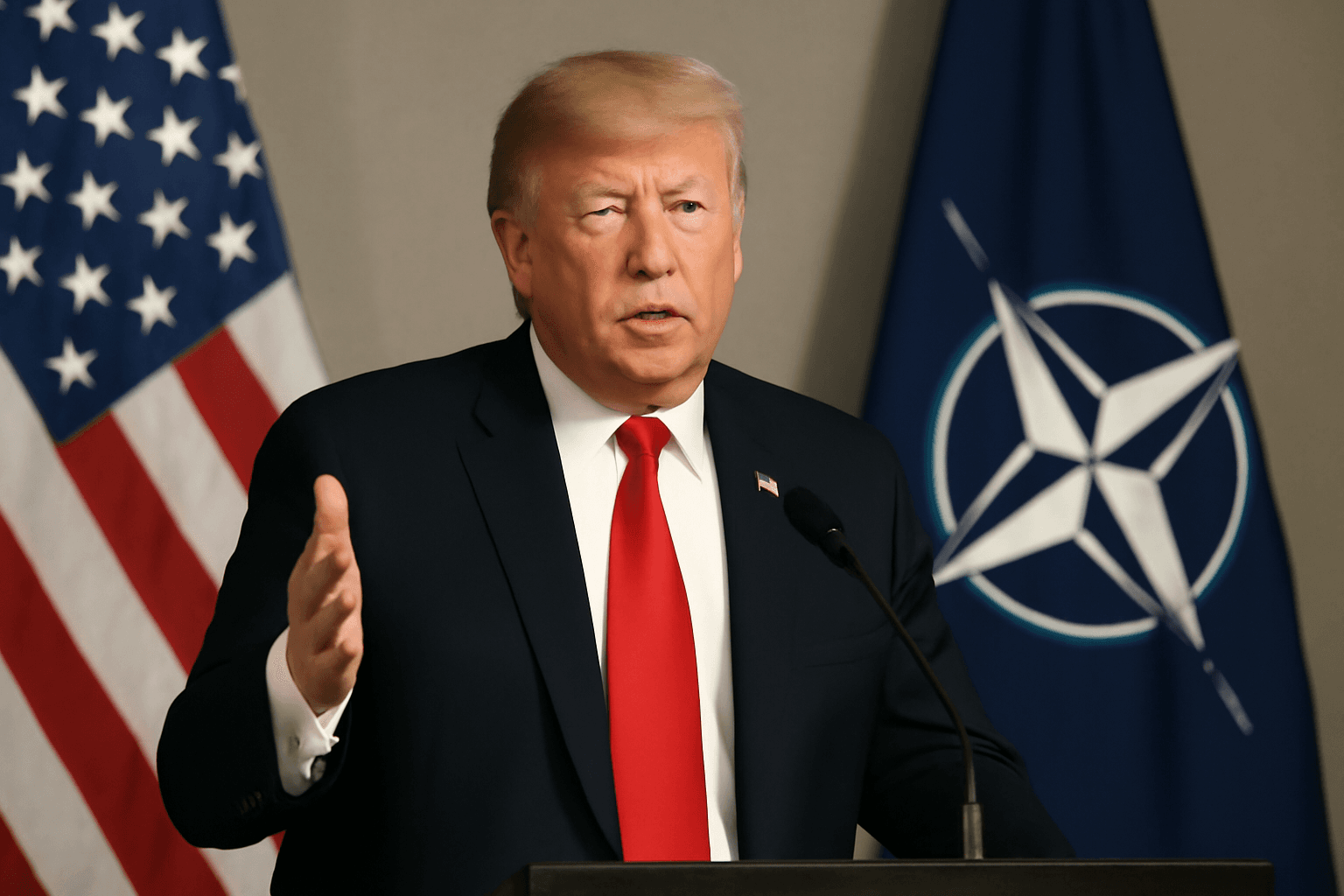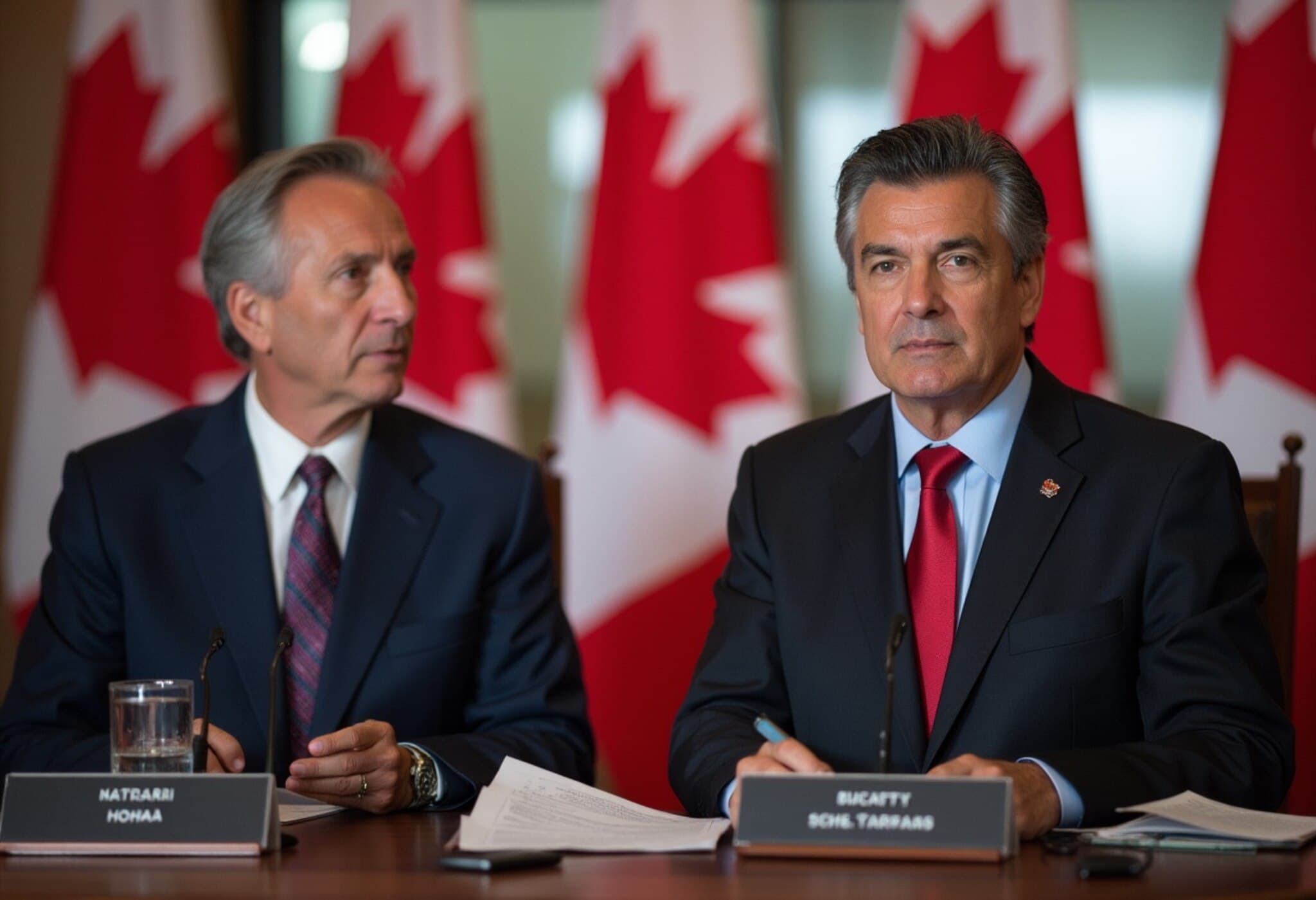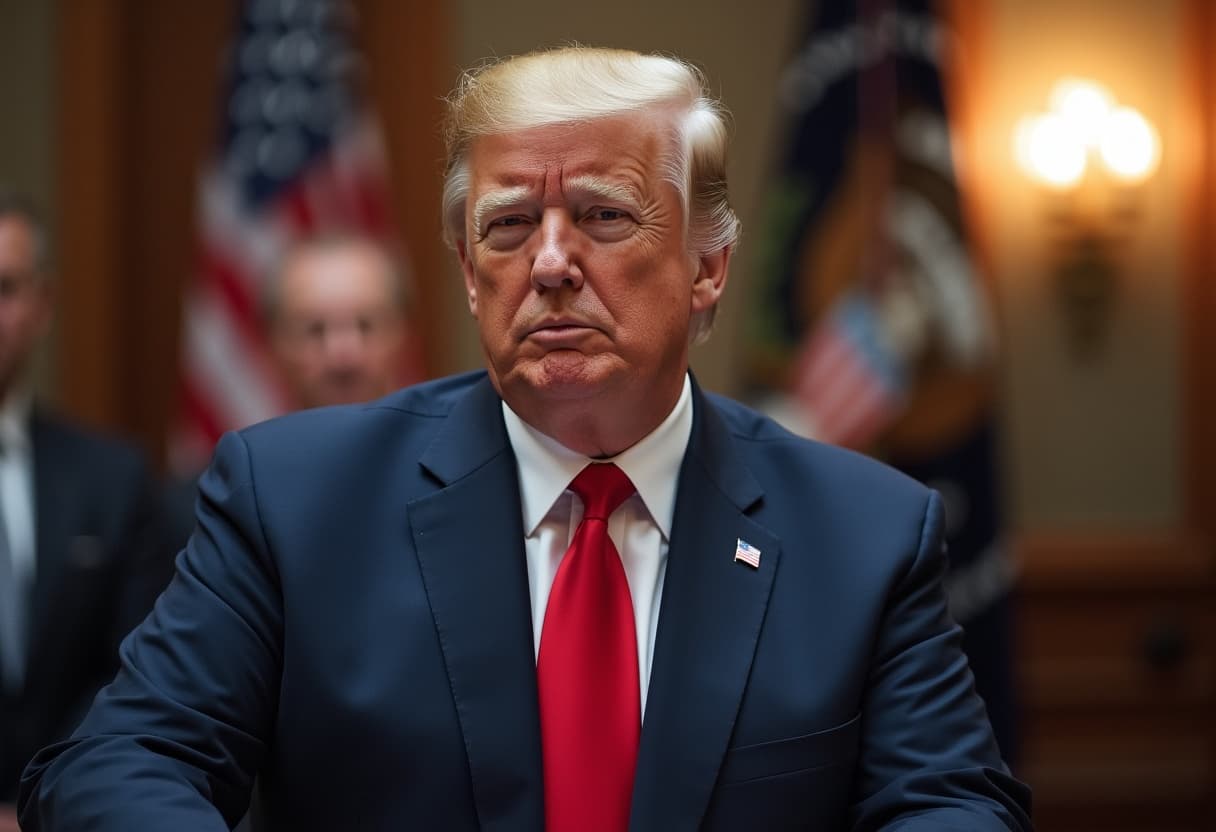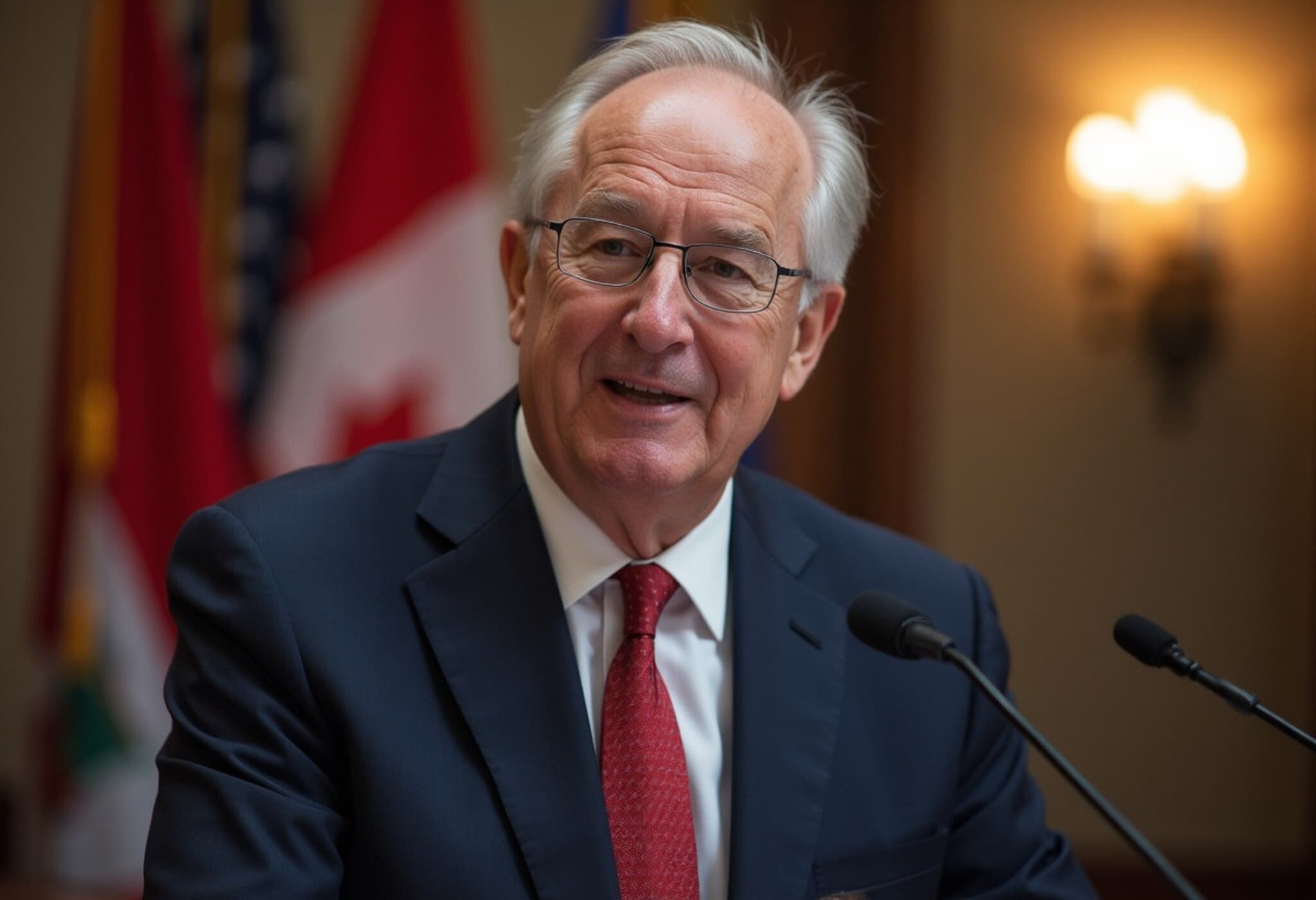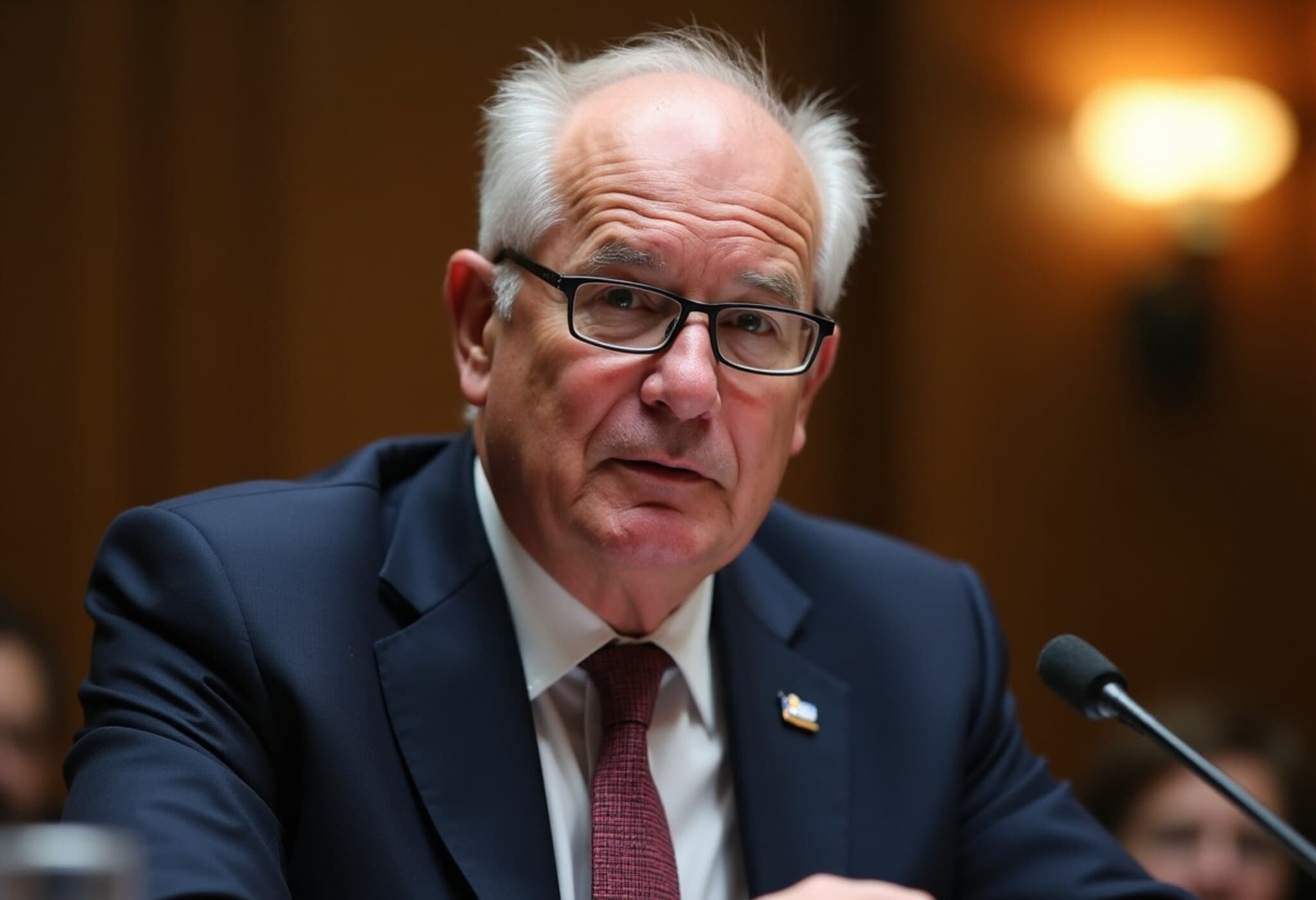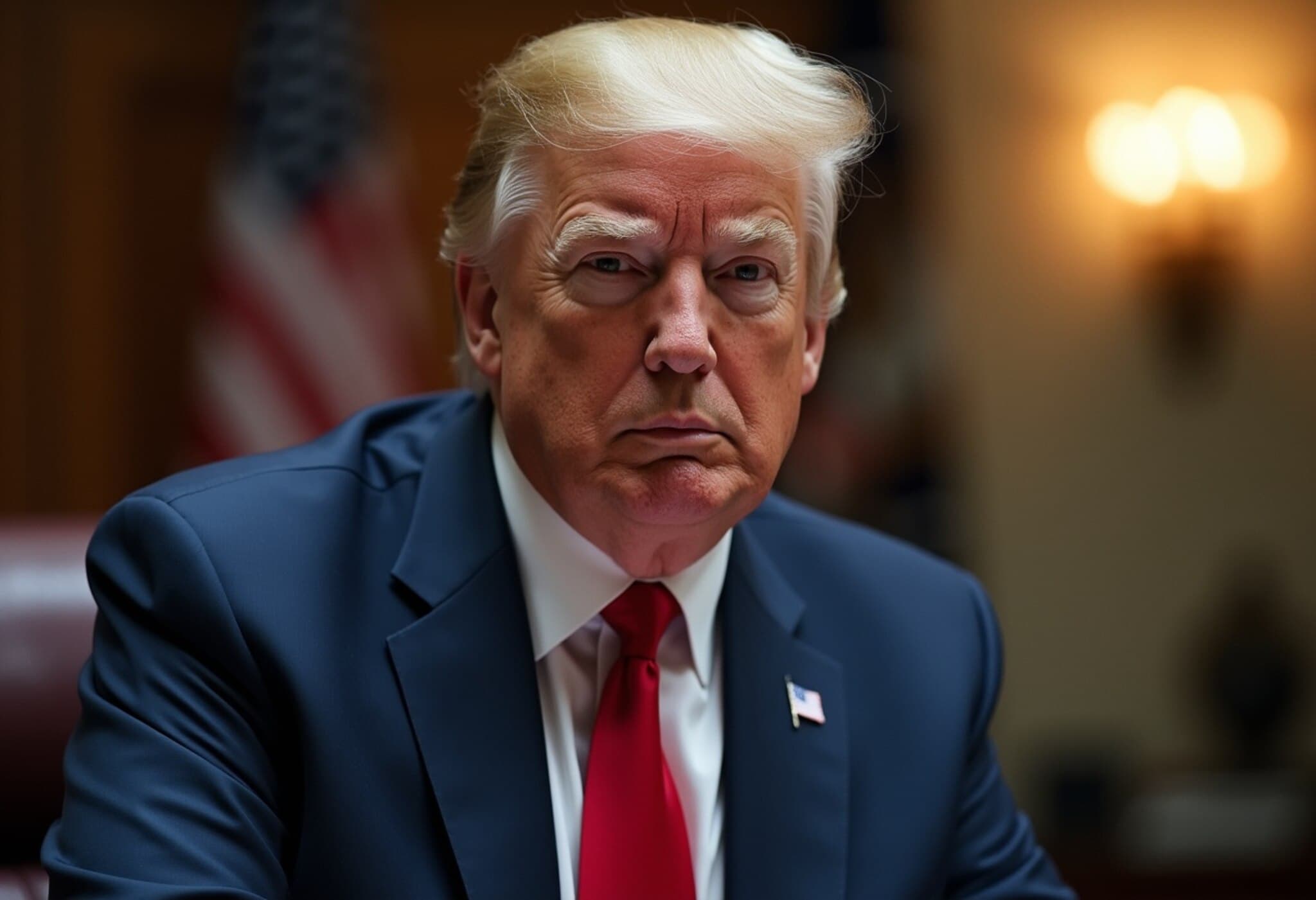Bipartisan Effort Emerges to Shield Small Businesses from Trump's Canada Tariffs
In a rare show of cross-party unity amidst a contentious trade environment, two Republican senators have joined forces with Democrats to introduce legislation that could provide crucial relief to millions of U.S. small businesses impacted by President Donald Trump's tariffs on Canadian goods.
The CANADA Act: A Targeted Solution
The proposed bill, named the Creating Access to Necessary American-Canadian Duty Adjustments Act (CANADA Act), aims to exempt small businesses from the sweeping tariffs first imposed by the Trump administration on February 1, 2025. These tariffs include a 25% levy on a wide array of Canadian imports and a 10% tariff specifically targeting Canadian energy products.
Leading the charge is Senator Peter Welch (D-Vt.), whose state shares a deeply integrated economy and social ties with Canada. The bill enjoys robust Democratic support and notable Republican backing from Senators Susan Collins of Maine and Lisa Murkowski of Alaska—two states deeply intertwined with Canadian trade.
The Real-World Impact on Communities and Small Businesses
Senator Collins underscored the stakes: "Imposing tariffs on Canada, Maine’s closest trading partner, threatens jobs, drives up costs, and hurts small businesses that have long relied on cross-border cooperation and exchange." Her sentiments echo in Alaska, where Murkowski relayed hearing directly from local businesses grappling with rising prices and uncertainty in planning for the future.
Beyond the immediate economic consequences, these tariffs have strained the historically strong U.S.-Canada relationship and disrupted local economies. Vermont exemplifies this disconnect, where Canadian tourism—a major economic driver—has noticeably declined, and hospitality sectors are feeling the pinch.
Political Context: A Complex and Unfolding Trade Conflict
Trump initially justified the tariffs as a response to Canada’s alleged insufficient efforts to curb drug trafficking and crime at the northern border. However, after diplomatic engagements with Canadian Prime Minister Justin Trudeau, temporary exemptions and adjustments followed.
Despite pauses and carve-outs—such as the de minimis trade exemption and tariff waivers for USMCA-compliant automobile imports—the overarching tariff framework remains in place, continuing to sow uncertainty for exporters, importers, and consumers alike.
Potential Outcomes and Broader Implications
- The bill, if enacted, would exempt small businesses from these tariffs, defined under the Small Business Act, offering targeted relief where it is most needed.
- By signaling bipartisan concern, the legislation could pressure the administration to reconsider or soften its trade stance, potentially easing tensions with Canada.
- Experts warn that prolonged trade disputes with Canada risk destabilizing supply chains critical to American manufacturing and agriculture sectors.
Senator Welch emphasized the broader ripple effects: "This isn’t just about tariffs; it’s about preserving valued relationships between communities and maintaining economic stability across borders."
Looking Ahead
The White House has yet to officially respond to inquiries regarding the bill or indicate the administration’s willingness to sign it into law. However, the bipartisan nature of the effort suggests a growing recognition of the tariffs’ unintended consequences, especially on small businesses that are often overlooked in high-level trade policy debates.
As these trade dynamics continue to unfold, the CANADA Act represents a pivotal attempt to balance national security and trade enforcement with the economic realities facing everyday Americans.
Editor's Note
The CANADA Act illuminates a critical tension in U.S. trade policy: how to address national concerns without unduly harming the small businesses and communities that rely on cross-border commerce. While tariffs are often wielded as blunt instruments of policy, bipartisan efforts such as this bill remind us that nuanced, targeted approaches are essential. Readers should watch closely how this legislation fares, as it could set a precedent for handling trade disputes with more finesse and humanity in the future.


